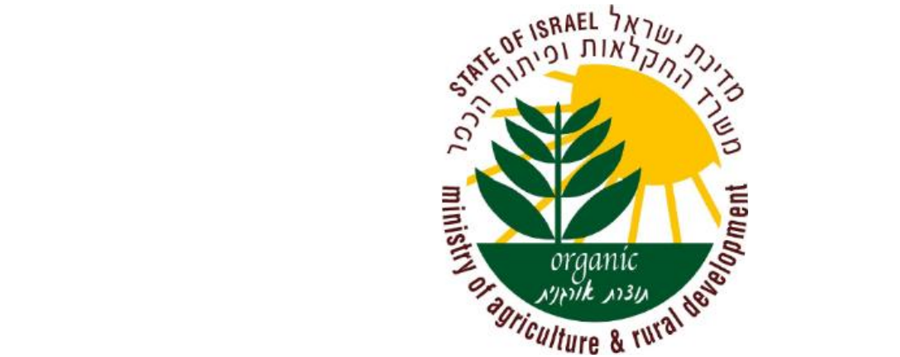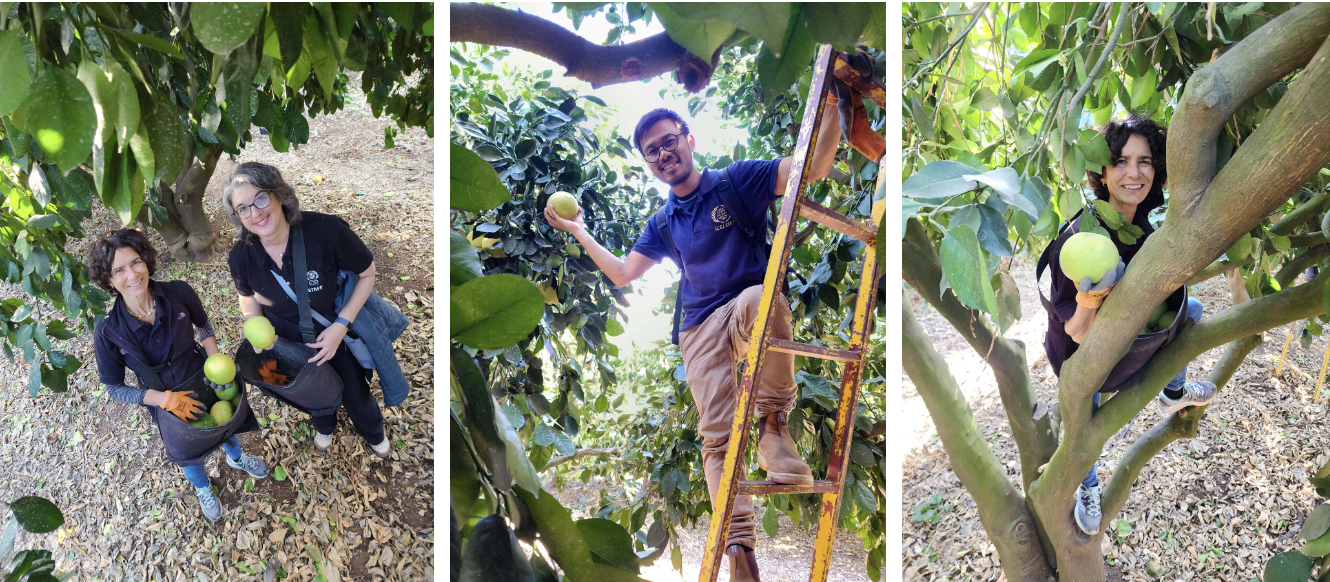Harvesting Health: Drawing from timeless biblical insights for a modern nutritious diet
Israel remains determined to preserve its balance even amid trials

Going back to the roots
In the biblical era, both culture and food were inherently simpler and more natural. People were called to cultivate according to God’s design, to steward the earth and its resources with respect: “And God said, Behold, I have given you every herb yielding seed, which is upon the face of all the earth, and every tree, in which is the fruit of a tree yielding seed; to you it shall be for food” (Genesis 1: 29)
According to historical and archaeological evidence related to the First Temple period (1200-586 B.C.) until the Byzantine period (330-1453), it's likely that the dietary foundation included the following:
- grains (barley, wheat, millet)
- legumes (fava beans, lentils, chickpeas, sesame)
- fruits (figs, dates, pomegranates, olives, apples, carob, grapes).
- meat options (goats, sheep, and fish)
It is interesting to note that over the past decades, organic food has become increasingly popular in Israel, driven by health-conscious consumers seeking high-quality, chemical-free food products.
“We have a role to play here that’s not about just eating, but in understanding this land that nourishes us,” says Israel's prominent food archaeologist Tova Dickstein. She has been cultivating the Neot Kedumim Nature Reserve, a manmade open-air research site, since the 1990s, where she studies the components of the ancient ‘biblical diet.’ Her work focuses on reviving historical ingredients that are now being integrated into modern Israeli cuisine.
Different studies suggest that many Israelis perceive organic food as safer, healthier and more environmentally sustainable than conventionally grown produce.
“Only in the past two decades has Israeli food moved toward lighter, more locally connected foods that resonate closer with the biblical diet, conceived as more appropriate for Israel’s hot climate and laid-back mindset,” notes Amos Sion, an Israeli Chef.
Israel's flourishing organic food market
Nowadays, Israel can boast of a significant organic agriculture sector, farmers across the country produce a wide range of fruits, vegetables, grains, dairy products, eggs, and meat based on farming practices that emphasize soil health, biodiversity, and the avoidance of synthetic pesticides and fertilizers.
During the last two years, 47,000 dunams (over 11,5000 acres) of Israeli land have been identified as organic, along with another 3,500 dunams (about 870 acres) being transformed for this purpose, with 35% allocated to field crops and 33% to fruit crops.
Organic products in Israel are certified according to strict standards set by the Ministry of Agriculture. Farmers and food producers must adhere to these regulations to label their products as organic and display the official certification logo, ensuring their offerings meet strict quality and production standards.

With specialty stores, and supermarkets offering a variety of organic options, farmer's markets are also popular venues for purchasing directly from local growers featuring an extensive selection of fresh organic fruits, vegetables, and other artisanal products.
For that matter, in the Messianic Moshav Yad Hashmona near Jerusalem, the “Third Day” Organic Farm – run by the organization Revive Israel – offers fresh organic vegetables and, “A unique program for prostitution survivors and alcoholics as they go through the process of healing and restoration through working on the organic farm and tending the goat herd.”
The war's impact on agricultural stability and food security
Tragically, since the devastating attacks by the terrorist group Hamas on Oct. 7, farmers and their families suffered casualties, injuries and kidnappings. Many have been forced to evacuate their homes and farms, while others have been called up for military service. Equipment has been stolen or destroyed, and some farmlands remain under constant threat of fire. Additionally, numerous foreign workers have fled the region, exacerbating the challenges faced by local farmers.
“A lot of people don’t know it, but the production of vegetables and fruits in the otef (Gaza Envelope) is crucial for food security in Israel,” warns Guy Rilov, chairman of the non-profit organization, Organic Israel, which launched a program called "First Aid For Wounded Farms" a few months ago.

Demonstrating heartfelt solidarity, numerous organizations, such as the International Christian Embassy Jerusalem (ICEJ,) have undertaken solidarity trips over the past several months. These programs are specifically designed to address the urgent requirements of Israel's beleaguered agricultural sector, allowing volunteers to extend invaluable practical assistance during these trying times.
May we continue to heed, both literally and spiritually, this request from the Lord Jesus Yeshua: "And He said to them, 'The harvest is plentiful, but the laborers are few. Therefore pray earnestly to the Lord of the harvest to send out laborers into his harvest.' (Luke 10:2)


The All Israel News Staff is a team of journalists in Israel.














